Gavin Lynch, better known in the industry as Matador, is a DJ, music producer and live performer from Dublin, Ireland. He kicked off his career thanks to the residency at Richie Hawtin’s ENTER parties in Ibiza and all around the globe, and is now recognized as one of the most innovating live performers of the past decade. He’s also one of the ambassadors of Hawtin’s PLAYdifferently MODEL 1 mixer, alongside other artists such as Dubfire, Loco Dice, Nicole Moudaber and Paco Osuna. His passion for music leads him to spend much time in his studio, in Dublin, where he creates all the magic that then he brings to the best clubs and events of the world, such as Tomorrowlad, NEOPOP, Space Ibiza and more; and also with RUKUS, Matador’s label and showcase.
We had an e-chat with Gavin who told us more about his past, his passion for the studio and his prolific career; about his relationship with Richie Hawtin and M_nus, his side musical projects, his release on Astralwerks Records and also about his plans for his label and his music, despite the difficult moment the world is in just now.
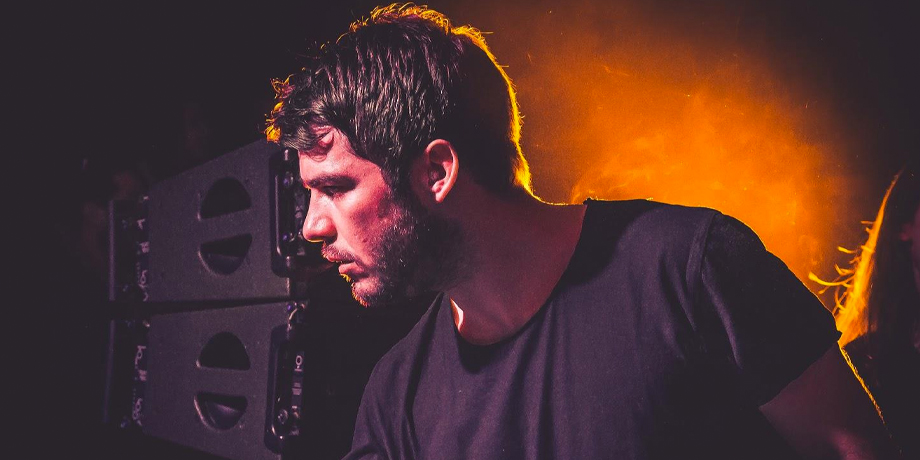
From Dublin to the world: tell us more about how all this started. Also, we would really like to know the meaning behind the name “Matador”.
I guess my first exposure to electronic music was via the wireless, mostly listening to Radio 1, the Essential Mix with Pete Tong and various other shows with Fergie, Judge Jules, John Digweed…..my thirst was then quenched by a series of different mix CDs from Dave Clarke’s ‘World Service’, to Richie Hawtin’s ‘909 Decks & FX’ & Carl Cox’s ‘Fact’ series… mostly techno now that I think about it. When I was 15, 16 years old I had turntables, a set of Omnitronic belt drives, and learned the basics using them. It was only five or six years later when I realised that If I wanted to play a certain sound (deep dark techno) for a full set, I would have had to start making my own music. At the time, I just couldn’t find enough of what I wanted to play to fill two or three hours. Djing was definitely my first love, and I guess I started producing purely to feed my DJ sets. As for the name “Matador”, we holidayed in Spain quite a bit when I was growing up, and back then a lot of the bullfights were shown on the TVs in the pubs and bars when we were out at night. I am totally against bullfighting, but I picked “Matador” because of the performance aspect of the matador in the ring.
Would you say there are some advantages to your background as a sound engineer? And how is your workplace organized, which of your tools would you refuse to give up in your studio?
Yes, I trained as an engineer, and learned quite a lot, from the basics right through to working with world-class acoustic acts. Lots of that experience can be applied to what I do today, be it in the world of electronic music. I have a few different spaces in the house where I work. One of them is acoustically treated and sounds quite true, and this is the room where I finish most of the music. The other locations are creative spaces where I write. I constantly move equipment around, synths, outboard… but 1 thing I couldn’t live without is a ‘Roland SH 101’, a staple in pretty much all my productions.
We know your studio faces the ocean. What does it feel like creating music in such a location? How much does this inspire you, or do you get your inspiration elsewhere?
It’s an incredibly beautiful place to live, very peaceful and calming. As a kid I grew up living beside the sea, so it’s always somewhere I feel at home, and there’s nothing like fresh sea air. It’s quite inspiring actually – my downtempo album ‘Tuesday’ was inspired by life along the Irish coast – the sound of the waves, and indigenous bird song. But inspiration comes from a lot of places for me; playing around in the studio and stumbling across a riff, or watching something on TV, hearing a sound, and disappearing off upstairs for hours on end. I could hear something in a car, or in the airport, something could make my ear prick up, and I’ll be in front of a synthesizer or my laptop five minutes later.
On the production side, your track “Bush” will mark your debut on Astralwerks Records, which features artists such as The Chemical Brothers, Fisher and Willaris K. How does it feel to work with a label which embraces quite different styles?
It’s great, quite liberating actually. I enjoy writing music in many different genres so it’s good to work with Astralwerks, a label that supports it. I stay true to my music and where it comes from, but I’m not afraid to push the outer edges of what would be considered the “Matador” sound. It’s evolved over many years and still continues to do so, which I feel is important in terms of sustainability and longevity in this industry.
Going back in time… how did the relationship with Richie Hawtin and M-nus start? What has it meant for you and your musical career?
Meeting Rich for the first time I was very nervous, he was and still is an icon for me, although we have become great friends over the years he still blows me away with his performances and productions. The night I met him in Dublin, I was the supporting act and opening the room playing right up to before him. Super nervous, but thankfully it all went well. We had a good chat afterwards about music I had sent a couple of months before this encounter, and it was left at “Send me on the new music when it’s ready” which I did 5/6 months later. This then led to me signing 14 tracks in one clean swipe. Everything changed from that moment.
You were playing a lot at the M-nus events in Ibiza, as a result of a series of very big releases and remixes. How was the atmosphere on the island during those years? Had you already been visiting the White Island before then? And which are the main differences you notice with the Ibiza of today?
Ibiza’s always been a special place for me – lots of childhood holidays, teenage holidays, and a couple of stag parties thrown in for good measure (smiles). I always get a rush when I land on the island, whether it’s just for one night or a week-long holiday, it feels like a second home. Performing in the clubs that I went to as a fan has been a dream come true, and it’s a great place to meet up with friends and other artists from around the world. I guess the atmosphere will always be the same no matter what, great vibes and a touch of mayhem!
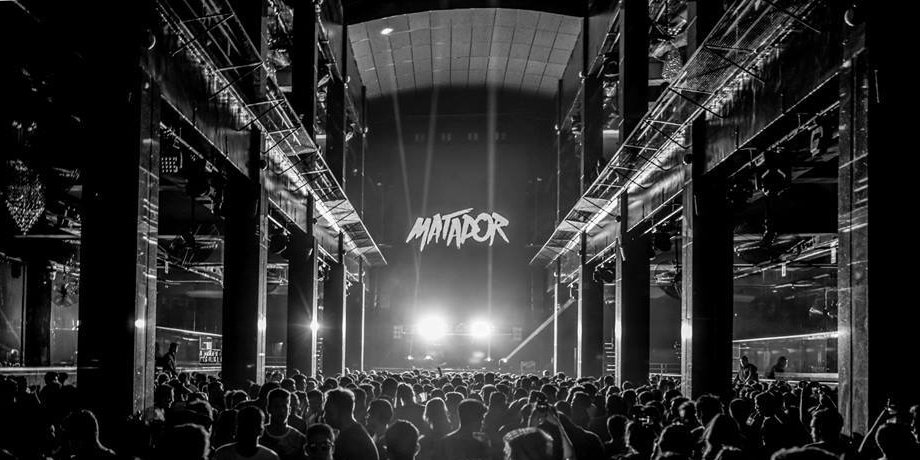
Which, in your opinion, is a city or country which is setting the pace in the industry, and why?
I think Europe tends to be the epicentre and has been for the past 10 years at least; outside of that I see South America as another epicentre, they have some incredible artists, but most importantly a very big following for what we do.
Since its launch in 2016, you’ve also been a Brand Ambassador for MODEL 1, the innovative mixer created by Richie Hawtin. How has this been and what does this mean to you?
The MODEL 1 has been an integral part of both my Live and DJ sets for the last few years now, and I also use it in my studio. I’m a big equipment fan so to be invited to be one of the brand ambassadors for the mixer was very flattering.
In the same year, you launched RUKUS. When and why did you feel the need to create your own label?
I launched the label originally as a platform to release my music on my own schedule. The idea of taking a track from conception in a studio right through to point of sale, and being able to shape and frame the product in my own vision at each stage has always been a key focus for me. With the artists who release on RUKUS, we like to work in a similar way, so each campaign feels more personal to them and their music. There’s a wealth of talent out there, and we’re incredibly proud to be a home for it.
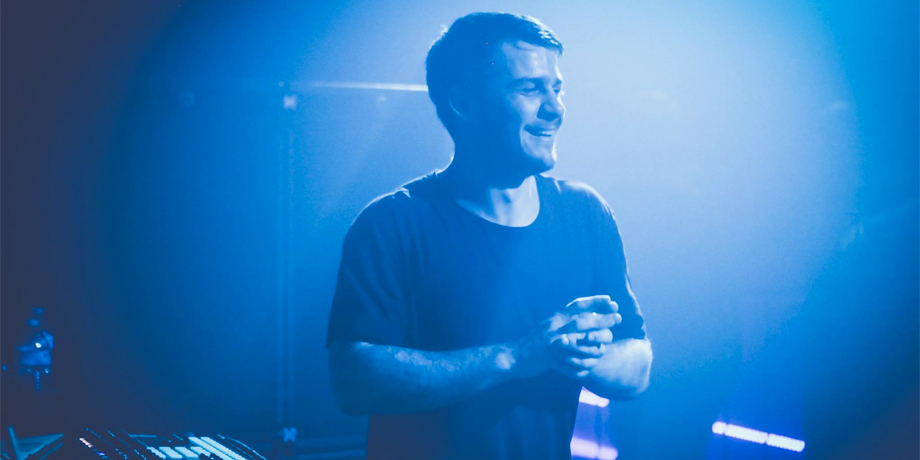
Who are the artists you’ve had the pleasure to discover (or re-discover) thanks to your label? Usually, what is your criteria in choosing an artist or production, especially in the case of new talents?
We’ve had the pleasure of working with some super, and like-minded artists on their releases at the label, for original music and for remixes. Each artist has their own unique and emotive sound, and I feel that’s what matters the most, that the music has a soul…
Considering we’re living through such unprecedented times, due to the outbreak of Covid-19, what are your plans for RUKUS? Are you considering releasing more (or less) music? And for a label in general, what, in your opinion, is the right strategy to follow at the moment?
We’ll be releasing throughout the summer and into Q3/Q4 for sure, but no more or less than we usually would. Without artists being out on tour, road testing new music is non-existent at the moment so it’s a little harder to see what works in the club environment, and to grab video support content for the releases. We’re all trying to get more creative in how we approach that. For artists writing and producing new tracks, I think studio time at home has been a bit of a welcome relief, just imagine the wealth of new music to come.
Since you started touring back in 2012, you’ve played at major festivals such as Time Warp, Awakenings, NEOPOP and many more. Which one did you like the most?
NEOPOP in Portugal is one of my favourites, I’ve worked with the promoters from the very start of my career and we are great friends. Portugal has always been a great place to play, visit, explore, and this is one of the highlights of everyone’s summer there. It’s nuts!!!!
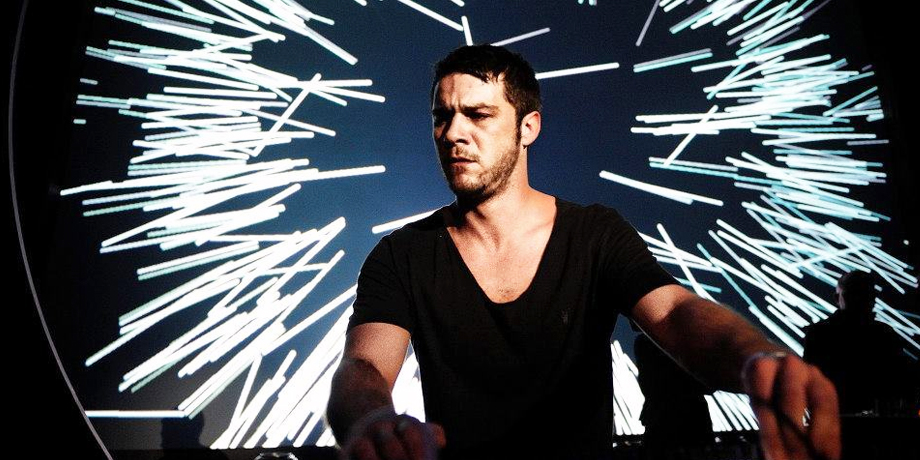
You were awarded “Best Electronic Live Performer” twice at the Ibiza DJ Awards. What does such recognition mean for an artist, in your opinion? And do you believe that somehow the award system has the potential to compromise the industry?
Sure, it can influence the industry, but compromise it? I don’t think so. I think music lovers follow their own hearts and minds, and will naturally gravitate towards the sounds and the people who resonate with them. It’s always nice to get recognised for your work, and I worked quite hard to get my live set to where it was at that time of those awards. I’d written a lot of new music and was playing at both techno and tech house parties in Ibiza so I had to be super versatile as a live act, and most importantly had to have original music that worked in both scenarios.
So, you completed a degree in sound engineering, you have the vinyl-only series “Cyclone”, rooted in techno, you created “Tuesday” an ambient stream-only album, you performed with the prestigious Tonhalle Orchestra of Zurich… Could we then say you’re a 360° artist?
I love and support music in any format and across all genres and I’m always interested to see how my sound and creativity translates across them. Working with the Tonhalle Orchestra was an incredible experience and I learned so much from the week I spent with them. As humans, let alone musicians, there’s always room for learning more about your craft and honing your skillset. You’re only as good as your last track, which I feel is important to remember if you want to grow and evolve as an artist, and this keeps me focused on moving forward.
With your music, you got close also to other worlds. You tracks “Inceptions” and “Sunrise Mix” were featured respectively in Sky One’s series “Strike Back” and by British Airways in their in-flight entertainment system. Would you consider it an alternative path you’d like to pursue in and for your career? Is it an option you would consider if you ever stopped working in the nightlife environment?
I see this as another facet of my career that runs alongside my touring. There are so many avenues to explore in the music industry and some of my music has found a home on the dancefloor, some of it has found a home in your living room or in your airplane seat. Movie score and sound-scaping have always been a big love of mine so it’s definitely a path that I’m pursuing.
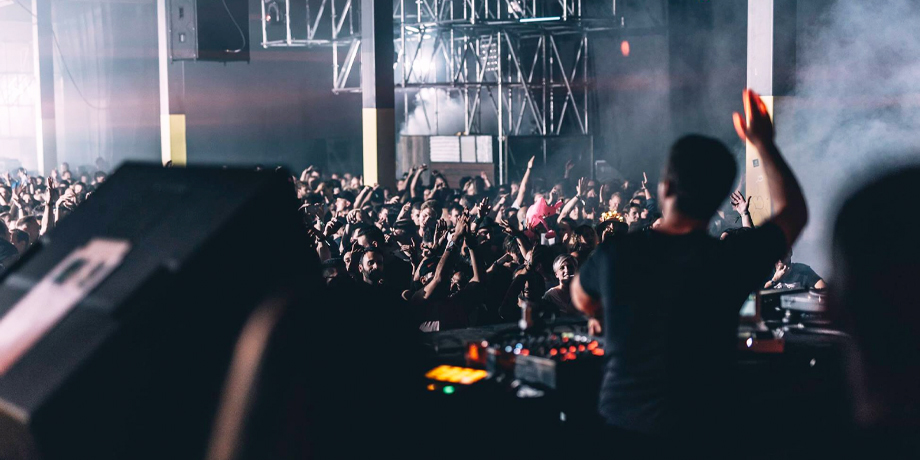
2020 sees the launch of your podcast, in which you feature interviews and you talk about studio gear, music and tech talk. Can you tell us something more about this?
This is something I’m doing purely for the fun of it (smiles). Going back to the point about Ibiza being a great place to hang out with other artists as we’re all there at some point across the summer, I thought it would be nice to catch up with other artists throughout the year and maybe get a bit more time to chat about the things that make us tick. Apart from that, you’ll have to watch this space!
And, apart from this, the next steps in your career are…
We hope to start the RUKUS events again at the end of this year if the current situation improves. They tend to take on a life of their own (smiles). I’ve my debut on Hot Creations in July with my 2 track EP entitled ‘Wildside’, and I have a new track with Gaiser that will be out the end of summer/early autumn. Some other cool collaborations in the works too, but they probably won’t see light until 2021. In the meantime, I’m at home in the studio, writing original music and walking the dog.
(Cover Image: © Get In! PR)




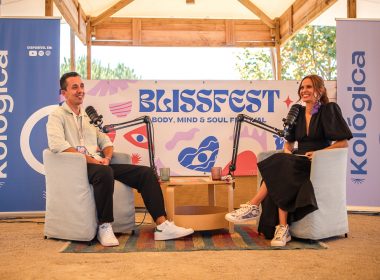
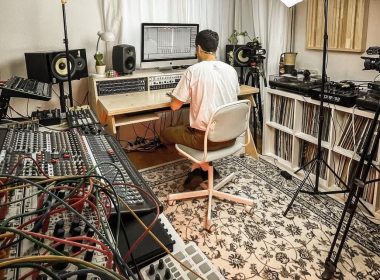
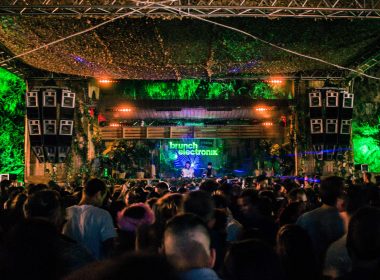
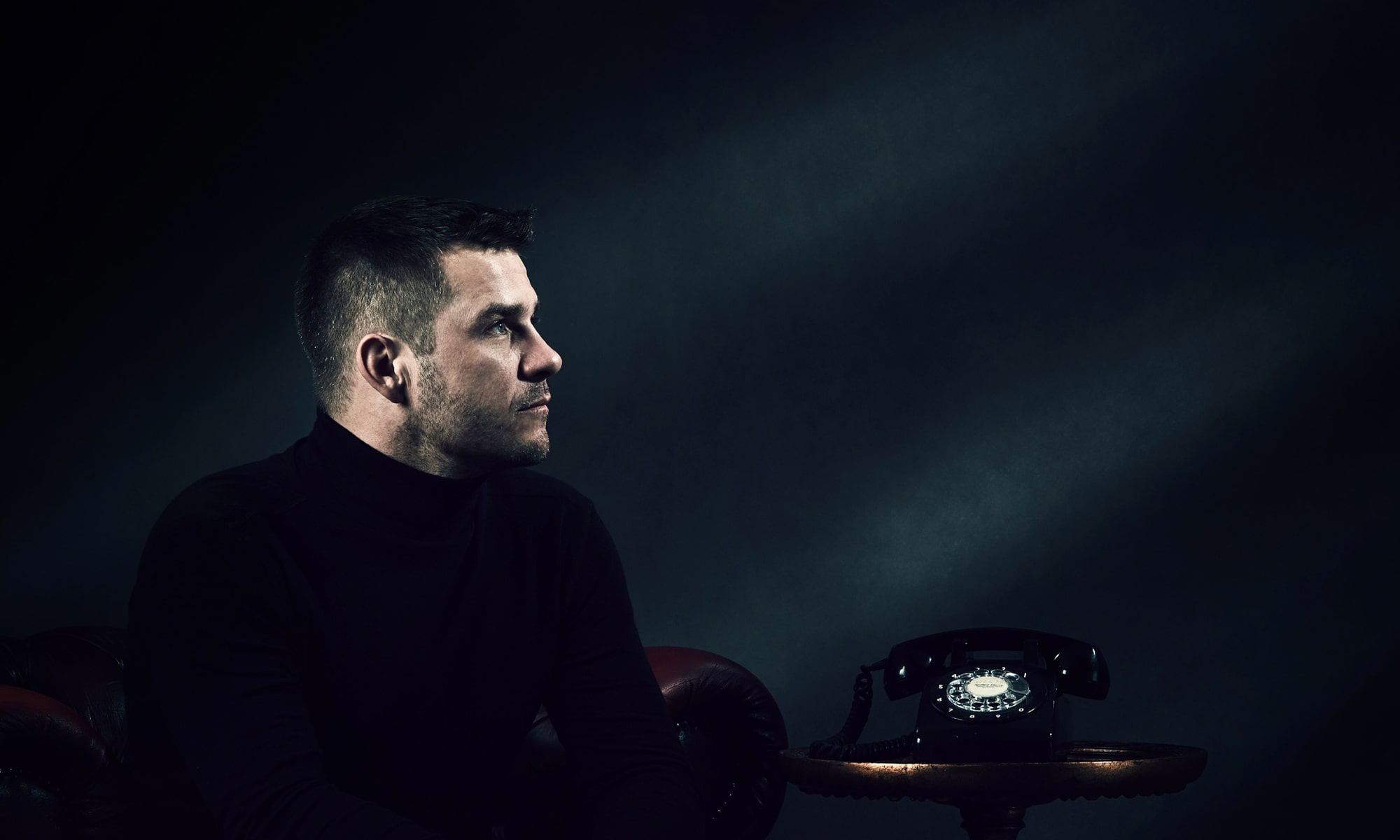
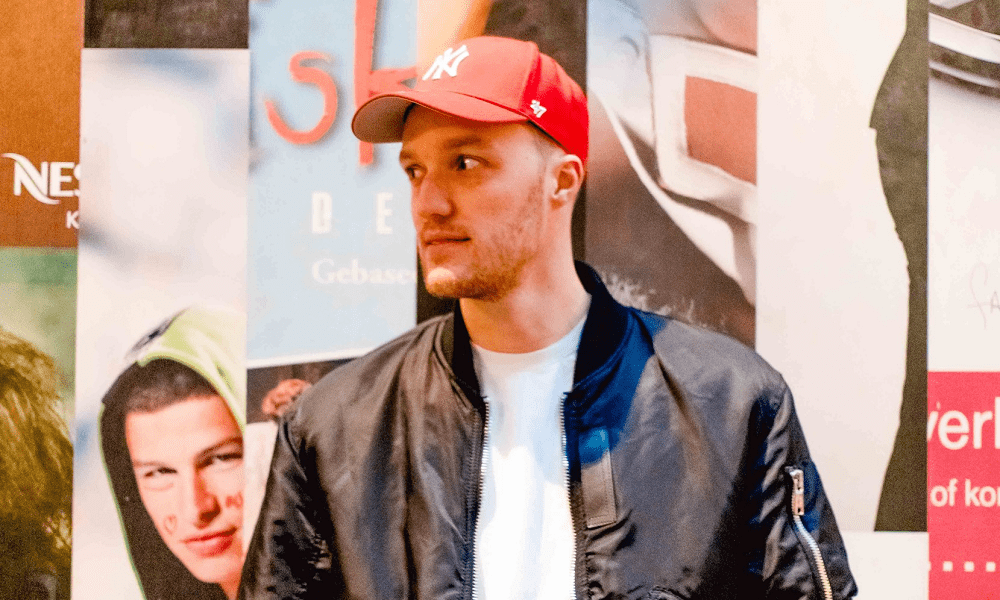
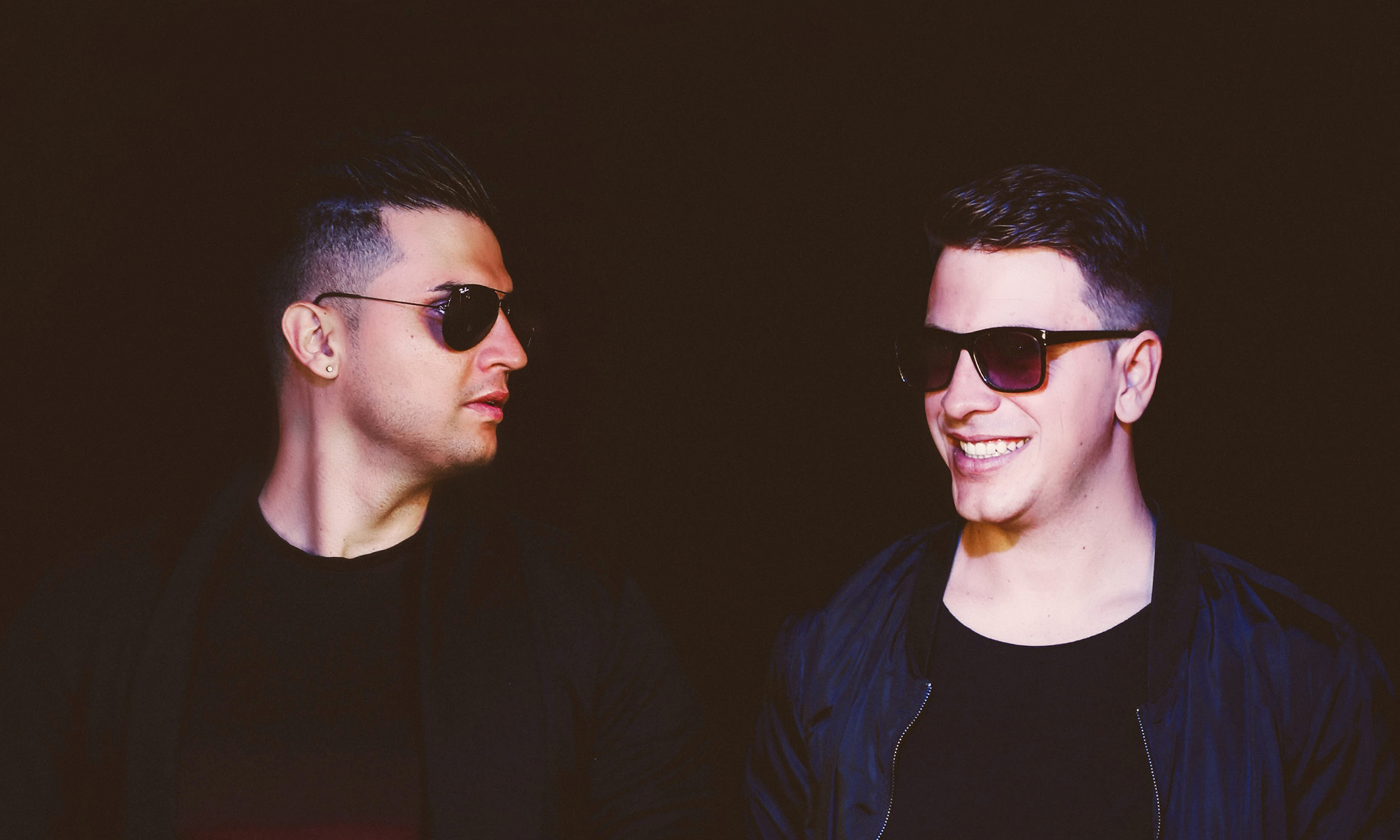
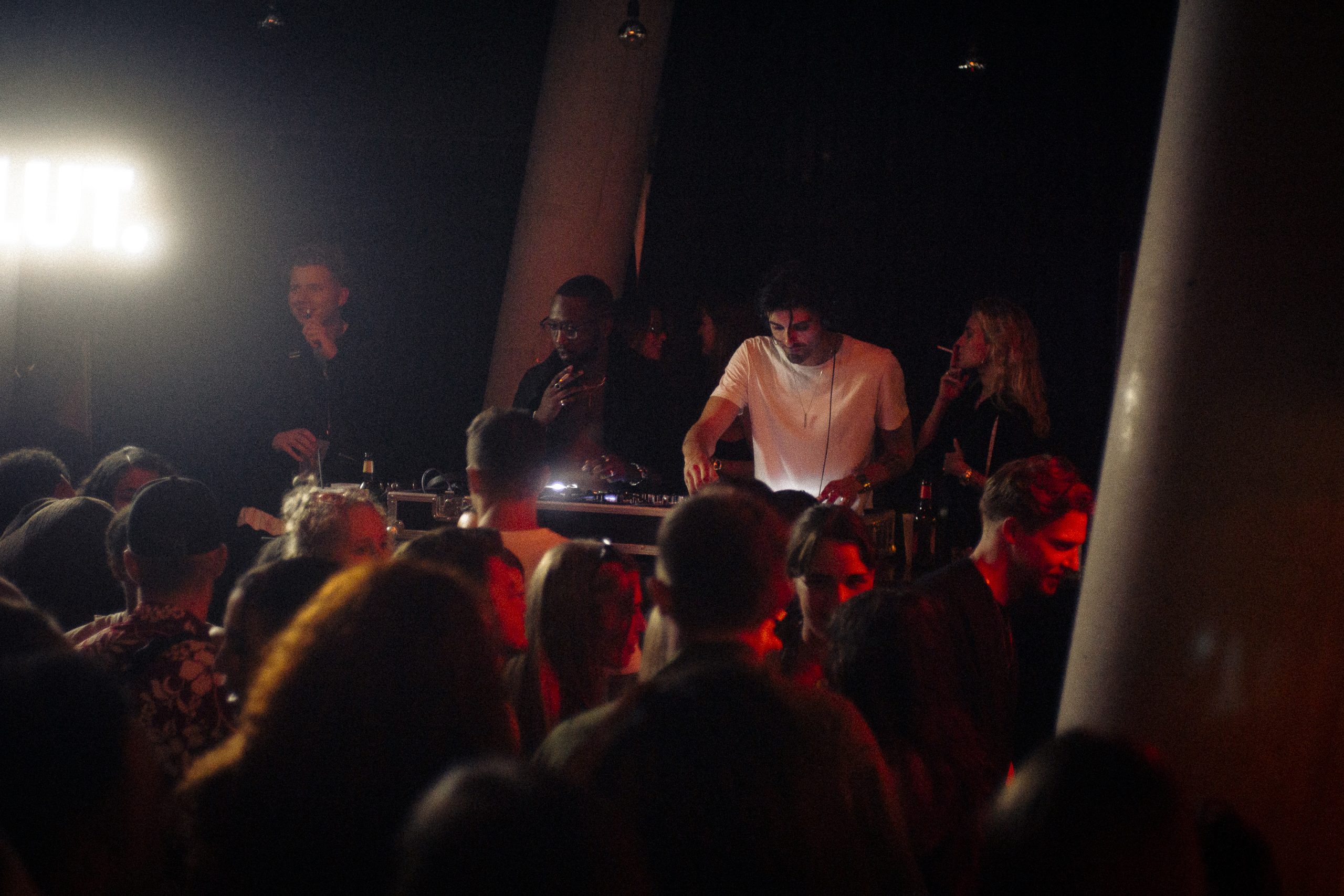
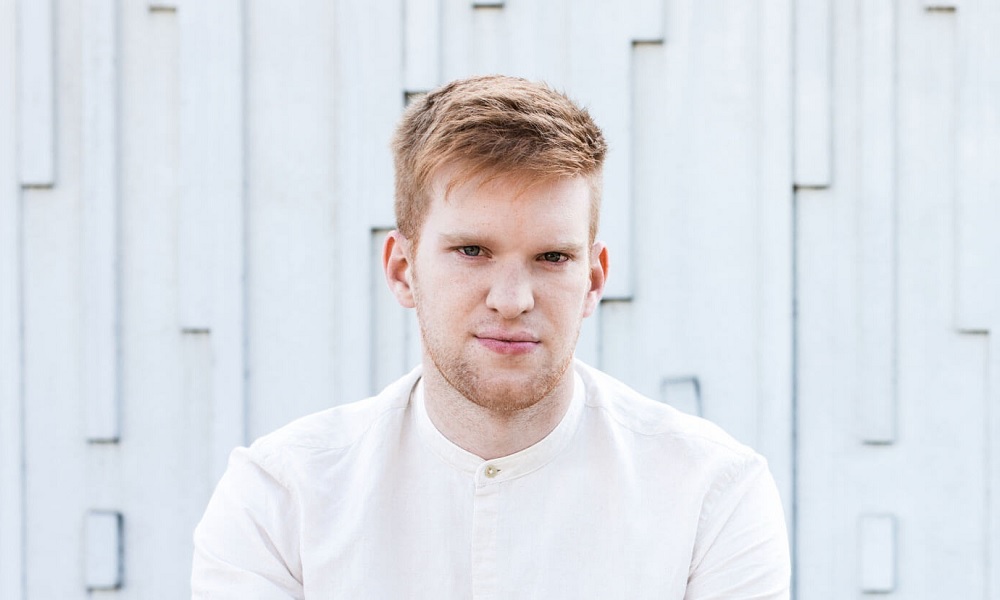
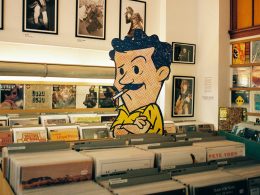
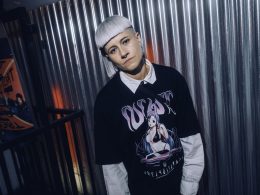
Great article! Awesome content.I Loved this post and I’m definitely pinning it to share!